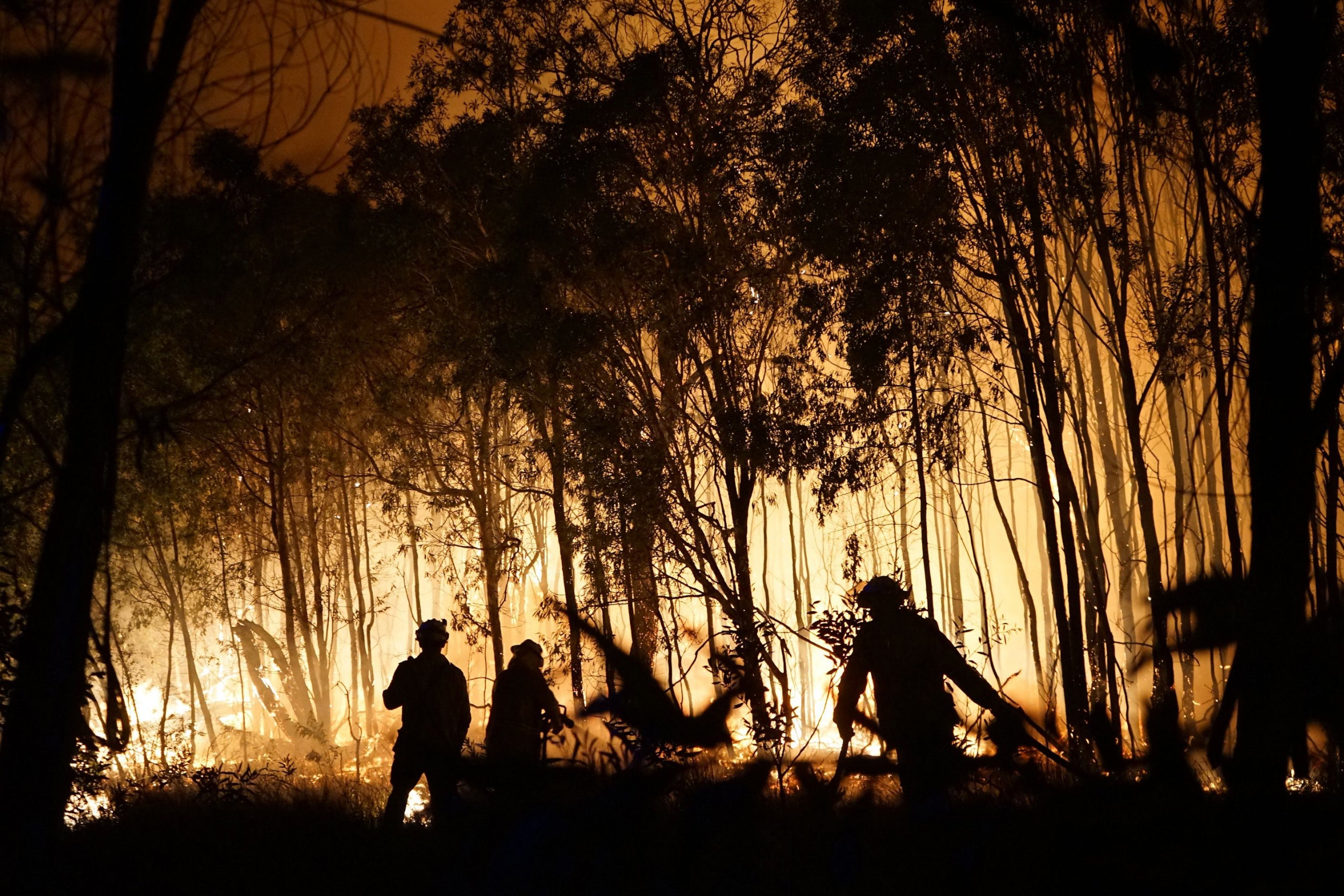Australia and India among major polluters set to miss deadline for submitting tougher climate targets
Almost all countries are required to submit tougher climate plans by the end of 2020 under the Paris Agreement

Your support helps us to tell the story
From reproductive rights to climate change to Big Tech, The Independent is on the ground when the story is developing. Whether it's investigating the financials of Elon Musk's pro-Trump PAC or producing our latest documentary, 'The A Word', which shines a light on the American women fighting for reproductive rights, we know how important it is to parse out the facts from the messaging.
At such a critical moment in US history, we need reporters on the ground. Your donation allows us to keep sending journalists to speak to both sides of the story.
The Independent is trusted by Americans across the entire political spectrum. And unlike many other quality news outlets, we choose not to lock Americans out of our reporting and analysis with paywalls. We believe quality journalism should be available to everyone, paid for by those who can afford it.
Your support makes all the difference.Australia, Indonesia and India are among major greenhouse gas emitters set to miss a key deadline for strengthening their efforts to tackle the climate crisis.
Under the Paris Agreement made in 2015, countries agreed to submit more ambitious climate plans by the end of 2020 as a key stepping stone in the journey to keeping global temperatures to “well below” 2C above pre-industrial levels by 2100.
But as 2020 draws to a close, it is looking more likely than ever that most countries will miss the deadline for submitting new plans to the UN.
According to Climate Action Tracker, an independent research group following countries’ climate progress, 130 countries had not submitted updated climate plans, which are called “nationally determined contributions”, to the UN as of mid-December.
The US will not submit a new climate plan before the end of the 2020 as Donald Trump officially pulled the country out of the Paris Agreement in November.
However, president-elect Joe Biden has repeatedly promised to rejoin the Paris Agreement on his first day of office. It is not yet known if Mr Biden will put forward a new, more ambitious climate plan for the US in 2021.
Green Party peer Natalie Bennett told The Independent that it comes as no surprise that “Donald Trump's US and Scott Morrison's Australia" are “laggards in global climate action” despite “obviously suffering from the ravages of the climate emergency”.
"With Joe Biden about to take over the US presidency, there's hope of essential, fast progress there, which is going to leave Australia even more isolated as a climate rogue state,” she added.
Indonesian ministers ruled out setting a tougher climate target by the end of this year in March, saying it would be damaging to their economy, according to the environmental website Mongabay.
Australian ministers have also ruled out setting a tougher climate target by the end of 2020.
India, meanwhile, held back from making a new commitment at a climate summit for world leaders held on 12 December. Rather than announcing an updated climate pledge, prime minister Narendra Modi made a “solemn pledge” that India would “exceed expectations” on tackling the climate crisis in the decades ahead.
By mid-December, 22 countries had submitted updated climate plans to the UN, according to Climate Action Tracker. In addition, the EU has submitted a tougher climate plan to the UN on behalf of its 27 member countries.
The UK is among the 22 countries to set a stronger target. It has pledged to reduce its emissions by at least 68 per cent by 2030, when compared to levels in 1990. (Its previous target was to cut emissions by 57 per cent by 2030 compared with 1990 levels.)
Most of the other countries to submit tougher climate pledges before the deadline were developing world nations, who have done the least to cause the climate crisis but stand the most to lose from its impacts.
China, the world’s top emitter, has not yet submitted an updated climate plan to the UN but did lay out an update to its target at the Climate Ambition Summit held on 12 December.
It is worth noting that even out of the countries that have submitted new climate plans, several failed to sufficiently increase their ambition to tackle the climate crisis, Prof Niklas Höhne, a climate scientist working with Climate Action Tracker, told The Independent.
“It is important to differentiate between updating the target and increasing ambition,” he said.
“Those who updated but did not increase ambition include Russia and Vietnam, which both still do not have to implement new action to meet even the new targets.
“Brazil even went backwards with an accounting trick and now has a less ambitious target than before.”
Update on 1 January: Shortly before the end-of-year deadline on 30 December, Australia submitted an updated climate plan to the UN.

Join our commenting forum
Join thought-provoking conversations, follow other Independent readers and see their replies
Comments